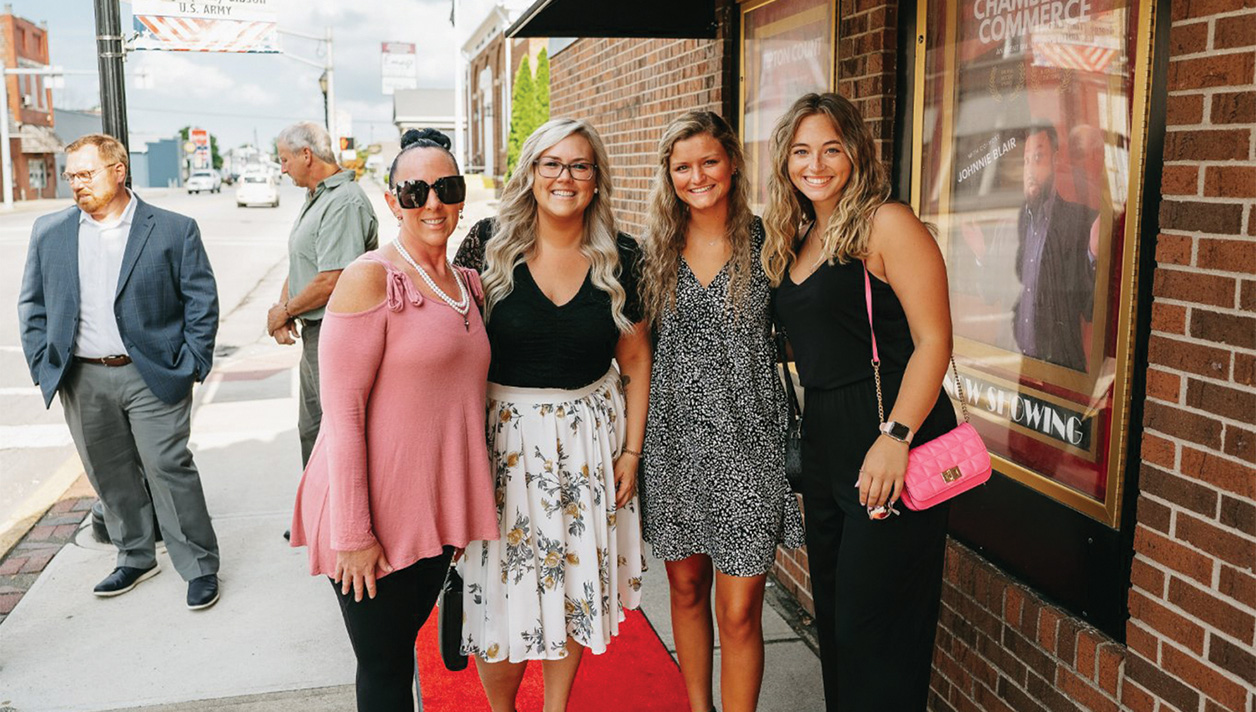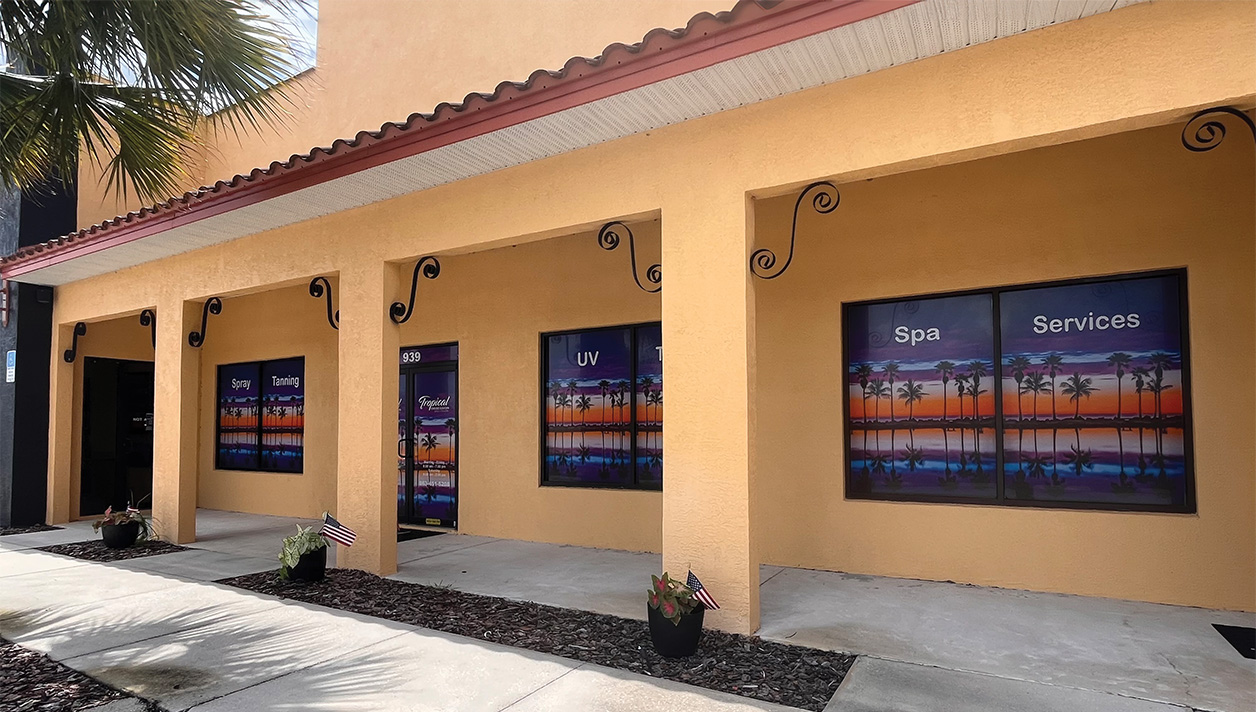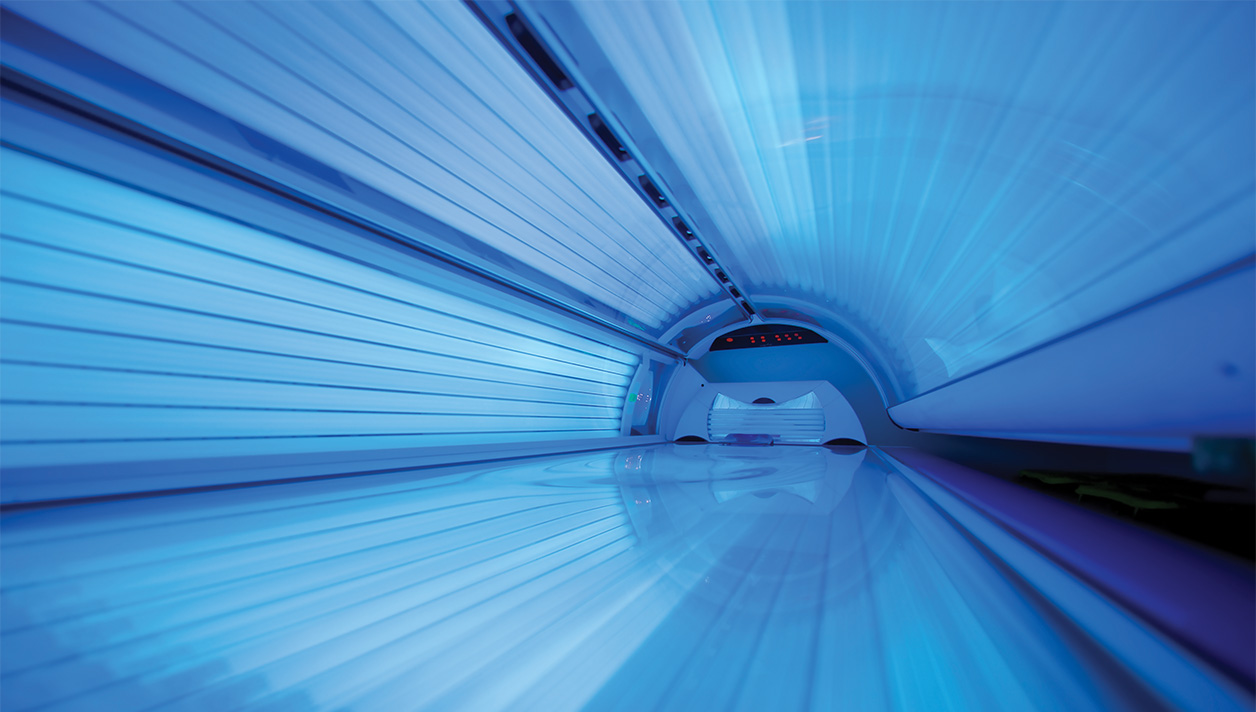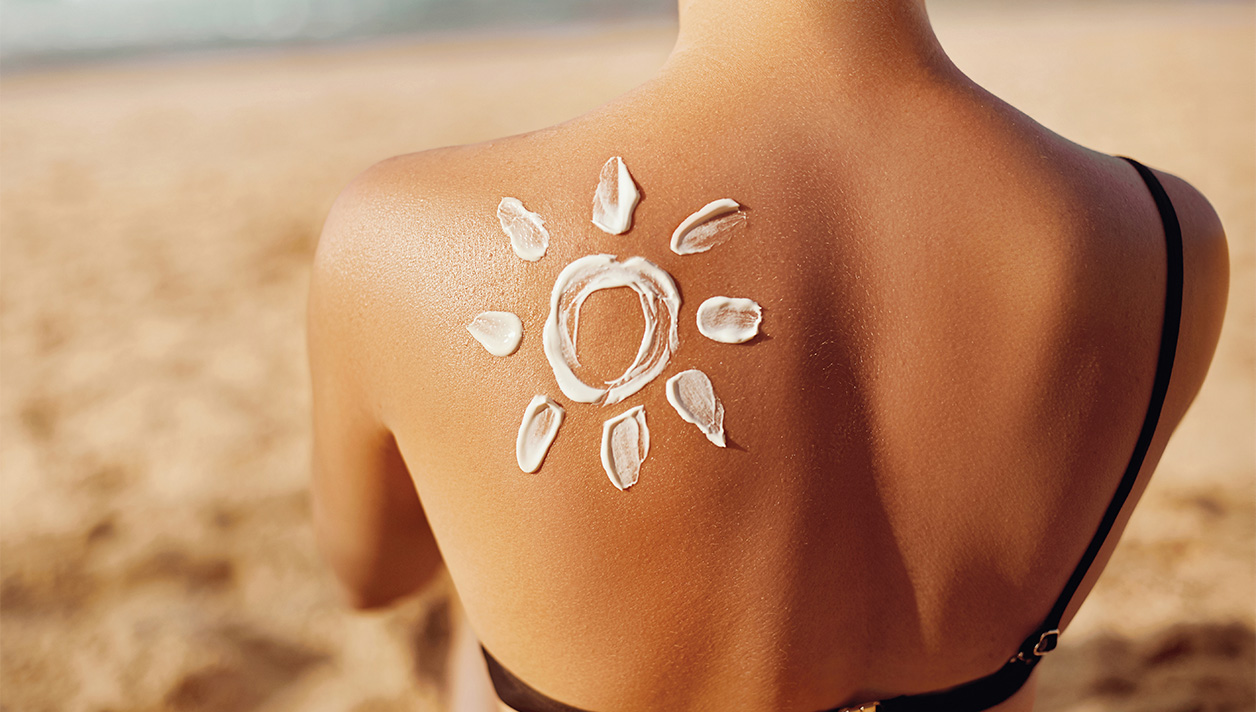At this time of year, you will find most Brits are dreaming of summer. With a stretch of long, dark, winter months looming ahead of us before any chance of decent sunshine, the desirable warmth of the sun on our skin is, for many, a distant but cherished memory.
[gap height=”15″]
Holiday and travel companies schmooze and tempt us through every medium possible, with the delights of far-flung places offering year-round sunshine and special offers to encourage bookings for those longed-for summer vacations.
[gap height=”15″]
So, it’s a puzzle to me why more people who enjoy all the benefits of moderate sun exposure on holiday, don’t take advantage of the year-round opportunity to indulge in the same experience in their local professional tanning salon.
[gap height=”15″]
If people were regularly tanned throughout the year, there’s absolutely no doubt whatsoever that we would see significantly fewer burnt bodies on the beach and around the pool on holidays – just imagine the longer-term health benefits of that!
[gap height=”15″]
And, let’s not forget the camaraderie and in many cases friendships that are generated between salon owners, their staff and customers. Good customer service in a professional salon engenders a sense of community where people feel welcomed, confident, willing and able to engage.
[gap height=”15″][gap height=”15″]
A recent report by The Royal Society for Public Health scored tanning salons akin to payday lenders, liquor stores and fast food outlets.
[gap height=”15″][gap height=”15″]
People tan because it makes them look good and importantly, feel good. It’s a fact that suicide rates are significantly higher in northern European countries that experience much lower levels of sunshine than countries in southern Europe.
[gap height=”15″]
Professional tanning salons are, of course, all about delivering a cosmetic tan; but the reality is they have a multi-dimensional impact.
[gap height=”15″]
This all makes sense to me. So, imagine my reaction to the recent publication of a report from The Royal Society for Public Health (RSPH) which had analysed and evaluated Britain’s high streets on what they called a “Richter Scale of Health.” Sixteen categories of high street businesses were identified and each business category was scored on the basis of whether it encouraged healthy lifestyle choices, promoted social interaction, mental wellbeing and greater access to health services.
[gap height=”15″]
Given what I’ve just said above, one would, very reasonably, expect tanning salons (an identified high street category in this report) to score highly. Yet, the report says not. The report scored tanning salons akin to payday lenders, liquor stores and fast food outlets.
[gap height=”15″]
When it came to evaluating the healthiest high streets in Britain, those with a tanning salon would, according to this report, have been scored negatively. You can imagine how thousands of professional and hardworking owners of tanning salons around Britain reacted to this.
[gap height=”15″]
To compound this even further, the 48-page report contained a 36-page, detailed update on its 2015 analysis for 15 of the 16 categories. Have a guess which one was omitted – that’s right: Tanning Salons. And bearing this singular omission in mind, the Chief Executive of the RSPH deemed it appropriate to specifically reference having a tanning bed session as a “poor health choice” in her forward to the report, and in the press information issued. As a result, tanning bed use was subsequently cited negatively in the coverage created by the report’s publication.
[gap height=”15″]
Do you smell a big, fat, dirty rat? I do and rest assured, we won’t let this one get away!
[gap height=”15″][gap height=”15″]





























